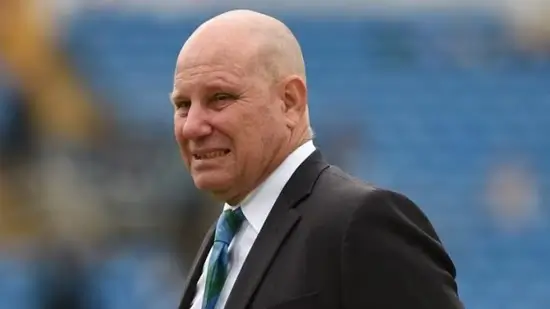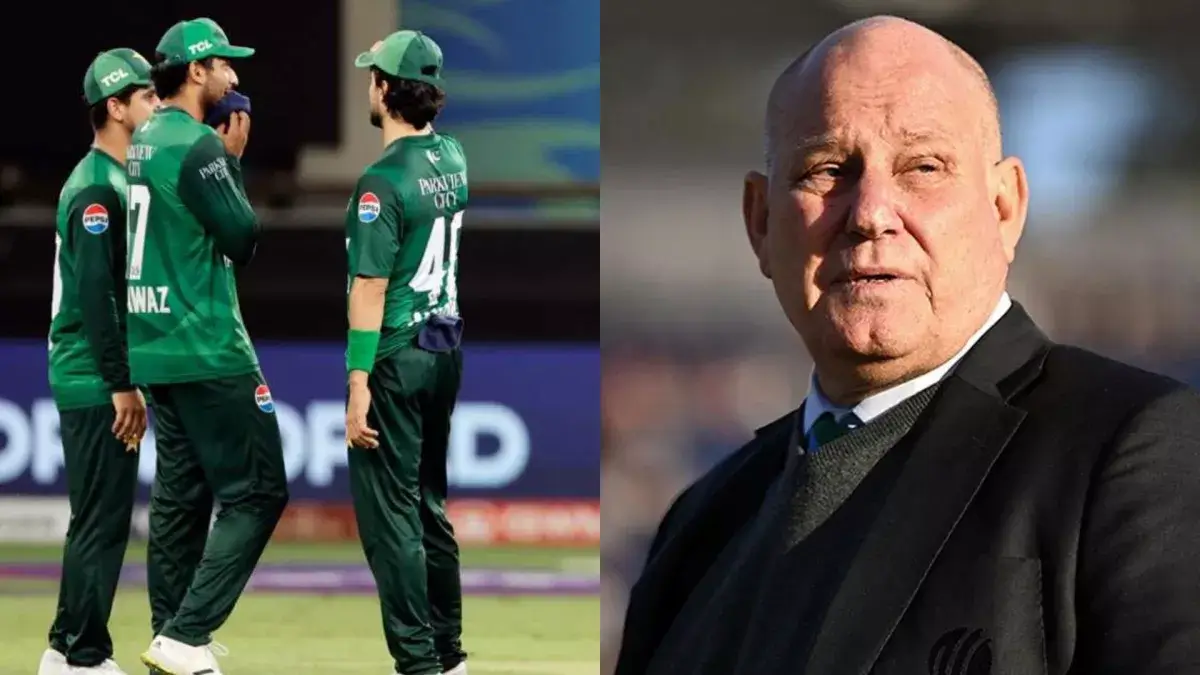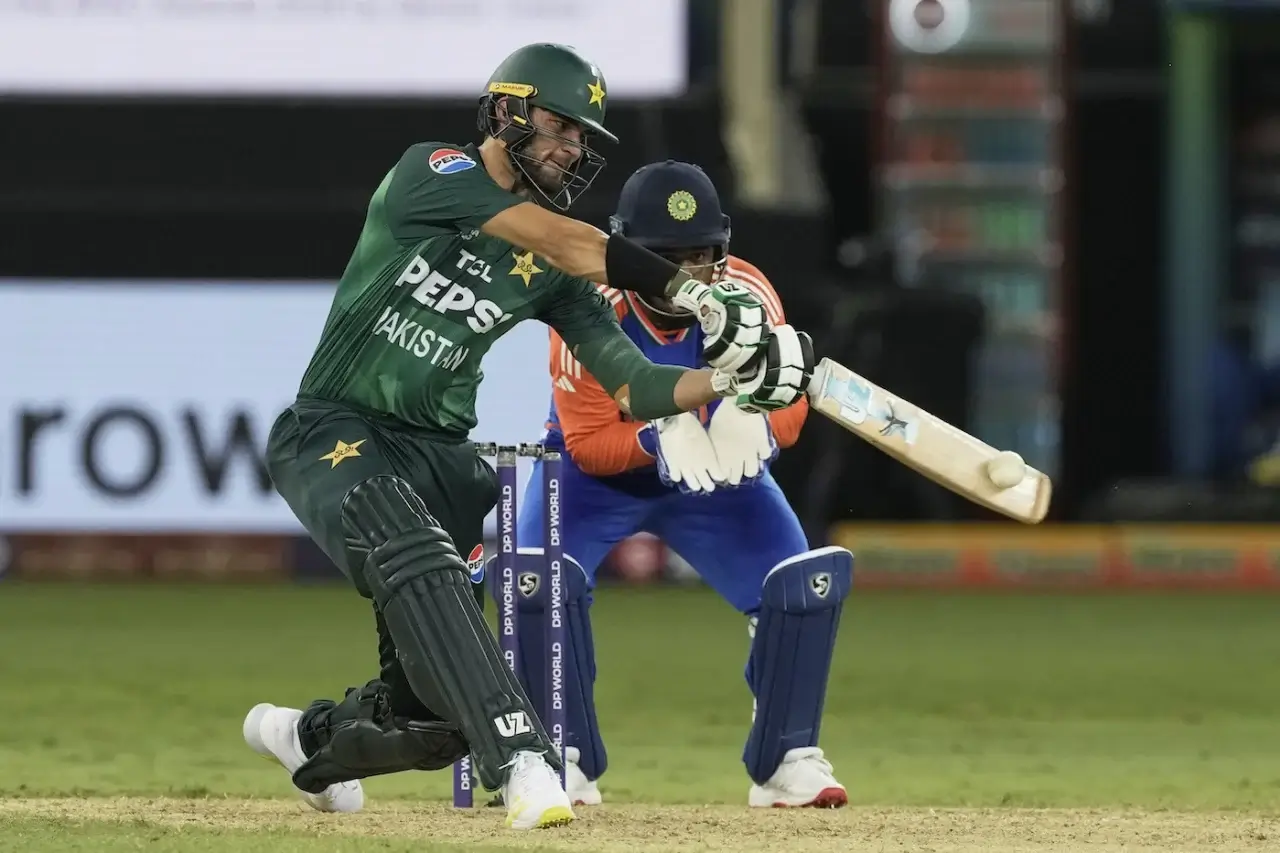The Asia Cup 2025 is not short on drama. Beyond the action on the field, the India vs Pakistan rivalry has been shaken by the ongoing handshake controversy. The row started when match referee Andy Pycroft requested the captains not to shake hands before the toss. This small moment has now turned into a heated debate between the ICC and the Pakistan Cricket Board.
India, meanwhile, continues to focus on its cricket. The team secured a 21-run win against Oman in Abu Dhabi. That victory allowed their middle order to spend valuable time in the middle. It also marked another milestone when Arshdeep Singh became the first Indian bowler to claim 100 T20I wickets in just 64 matches.
As India heads into the Super Fours stage, the big question remains: what happens next in the handshake saga? With Pycroft set to remain as match referee and Pakistan demanding stronger action, this controversy is far from over. Fans now wait to see whether the focus will shift back to cricket or remain on politics.
The Current State of the Handshake Row
The handshake row began before the India vs Pakistan group game. Pycroft passed an instruction, reportedly from venue management, asking the captains to skip handshakes. Pakistan saw this as a disrespectful move and accused the ICC of breaking the spirit of cricket. The PCB demanded Pycroft’s removal from the tournament, but the ICC refused.
The matter escalated when Pakistan filmed a private meeting with Pycroft before their next match against the UAE. The ICC said this was a direct breach of the Players and Match Officials Area protocol. In an official email, the ICC called the PCB’s action misconduct. They clarified that Pycroft had only expressed regret for miscommunication, not issued an apology as Pakistan claimed.
Despite this tension, the ICC has confirmed Pycroft will officiate the Super Fours clash between India and Pakistan. This decision sets the stage for more fireworks, not just from bat and ball, but also from the administrative standoff. For fans, it has added an extra layer of curiosity to one of cricket’s most-watched rivalries.
Why the Handshake Dispute Could Grow Bigger?
The row is no longer about a single handshake. It has become a debate on authority, respect, and communication between teams and officials. If the PCB continues to challenge the ICC, more disciplinary hearings may follow.
This could also set a precedent for how disputes are handled in global tournaments. For India, staying silent has worked well, but Pakistan’s firm stand suggests the matter might drag deeper into the competition.
India’s Form and Milestones Beyond the Controversy
While the handshake story has dominated headlines, India has made steady progress on the field. Against Oman, the team won by 21 runs in Abu Dhabi. The batting order was tested as eight wickets fell, but useful time in the middle helped players adjust to conditions. Suryakumar Yadav’s captaincy once again brought calmness and humor to the squad.
Another highlight came from Arshdeep Singh. He became the fastest Indian bowler to reach 100 T20I wickets, achieving the feat in just 64 matches. His consistency with the ball continues to give India an edge in crunch moments, and also to the Punjab Kings. This achievement adds weight to India’s bowling attack heading into the Super Fours stage.
For Pakistan, the controversies have overshadowed preparation. They have struggled with delayed matches and backroom discussions, which may distract their focus. India, on the other hand, is quietly building momentum with each game, which could prove vital in the upcoming clash.
The Role of Mental Strength Before the Big Game
India’s ability to focus only on cricket is now a major advantage. By separating on-field performance from off-field noise, the squad has shown discipline. Pakistan’s attention remains divided, which may cost them in a high-pressure contest. The way both teams handle pressure will likely decide who takes control in Dubai.
What Could Happen Next in the Controversy?
Looking ahead, the handshake issue could take three possible paths. First, the PCB may continue to protest and demand action, which could strain its relationship with the ICC. Second, the ICC may issue further warnings or penalties if protocols are breached again. Third, the focus might shift back to cricket if both sides agree to move on.
The upcoming India vs Pakistan Super Fours match will be closely watched for signs of tension as next will be India and Bangladesh to follow in the timeline. Will there be another instruction at the toss?
Will players shake hands after the game? These small moments could create bigger headlines. The ICC’s decision to back Pycroft shows their commitment to defending match officials, but the PCB’s next move is still uncertain.
Why This Matters Beyond One Tournament?
This controversy is more than an Asia Cup issue. It touches on cricket’s global governance and the balance of power between boards and officials. If left unresolved, it could affect future tournaments and how disputes are managed. Fans want cricket to take center stage, but politics continues to steal the spotlight.
Conclusion
The handshake row between India and Pakistan at the Asia Cup 2025 has become a story of its own. From Pycroft’s instruction to the PCB’s protests and ICC’s defense, it shows how small issues can grow big in high-pressure tournaments.
India, however, remains focused on cricket. Their 21-run win against Oman, along with Arshdeep Singh’s 100th T20I wicket milestone, highlights progress on the field. Suryakumar Yadav’s leadership has brought balance, ensuring the team stays away from distractions.
What happens next will depend on Pakistan’s approach. If they continue pushing, the ICC may respond with stronger measures. If they step back, the focus can finally return to cricket. With the Super Fours clash around the corner, the stakes are high both on and off the field. The rivalry has always delivered excitement, and now, controversies add a new dimension to the drama. Fans can only wait to see how this chapter unfolds in Dubai.







